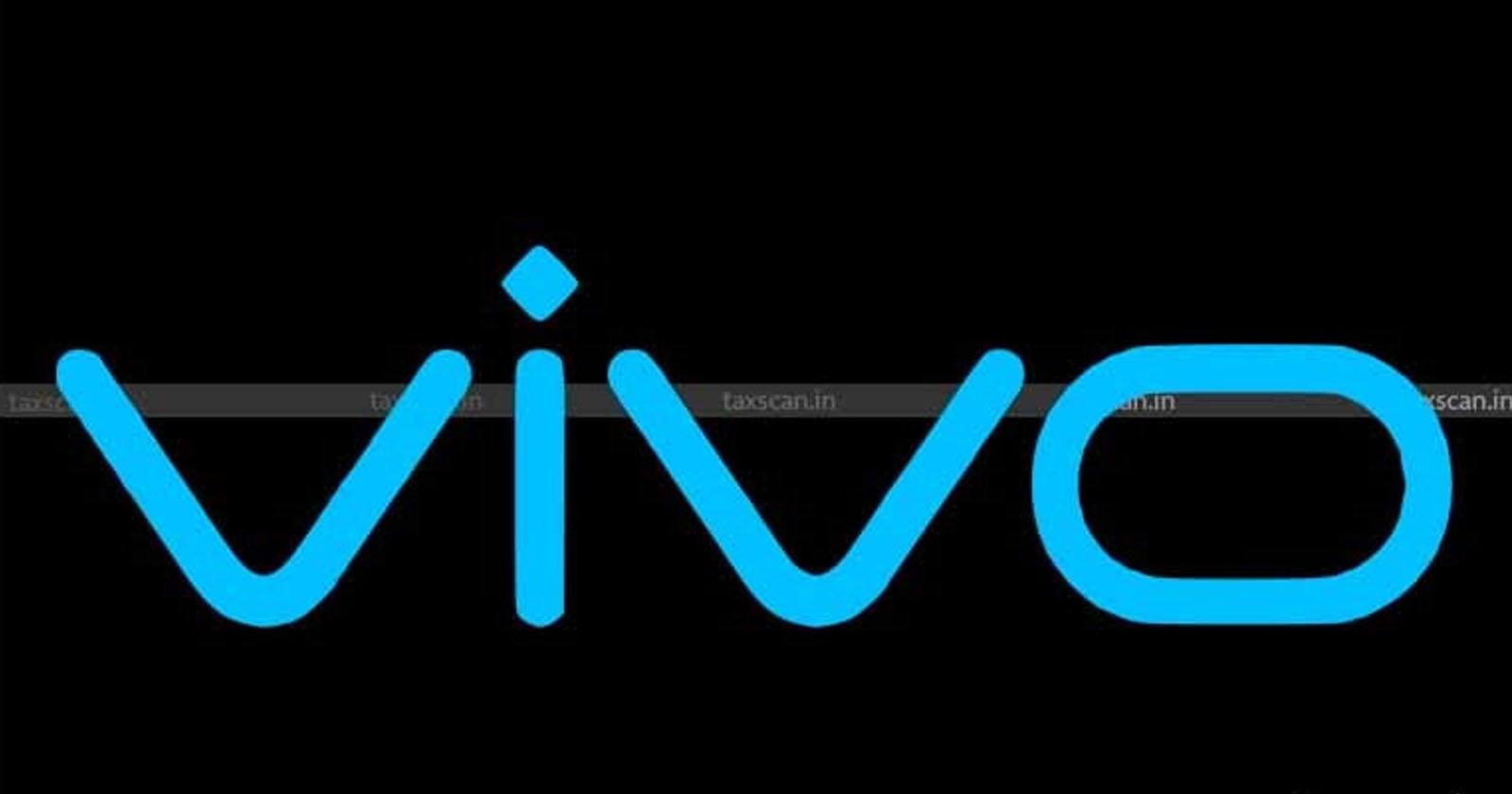Delhi HC reserves Order on Habeas Corpus petitions of Lava MD, Chinese national in Vivo money Laundering probe [Read Order]
The Delhi HC reserved order on habeas corpus petitions of Lava MD, Chinese national in Vivo money laundering probe

Delhi HC- Habeas Corpus petitions of Lava MD – Chinese national in Vivo money Laundering probe – TAXSCAN
Delhi HC- Habeas Corpus petitions of Lava MD – Chinese national in Vivo money Laundering probe – TAXSCAN
The Delhi High Court reserved order on habeas corpus petitions of Lava MD, Chinese national in Vivo money laundering probe.
The three habeas corpus petitions were taken up to be disposed of together vide the common judgment as they pertain to the same Enforcement Case Information Report bearing No. ECIR/STF/02/2022 [hereinafter referred to as “ECIR”] and involve the same question with respect to the illegal detention of the petitioners in Tihar Jail for want of judicial order remanding them to judicial custody.
The petitioners prayed for issuance of writ of habeas corpus or any other appropriate direction to the respondents, inasmuch as the fundamental rights of the petitioners as guaranteed under Articles 14, 21 and 22 of the Constitution of India have been violated by the respondents.
Their continued illegal detention suffers from the vice of being in vacuum, as that there is no judicial order remanding them to judicial custody as mandated under Section 167 of the Code of Criminal Procedure, 1973 or even otherwise under any provision of Cr.P.C. In absence of any judicial order remanding them to custody of Jail Superintendent, Tihar Jail, their detention has become patently illegal.
A Division Bench comprising Justices Shalinder Kaur and Suresh Kumar Kait observed that “A question, we pose to ourselves, assuming a competent court has taken cognizance of chargesheet/prosecution complaint and posts the case at a particular stage of proceedings/trial, however, on the said date of hearing, the accused in that case is not produced from judicial custody, due to some unavoidable reason. In such a situation, the court issues production warrant against the said accused and the case is posted for the next date of hearing. Can it be said, during the period, when the accused was produced on the last date of hearing and is to be produced before the court on the next date of hearing in execution of production warrants, his judicial custody is illegal.”
“To our mind, the answer is in negative, as in such a situation, the custody of accused is continuum and there is no “break” in the custody of such an accused. The position, however, will be different when, the accused is not produced before such a Court on the date of hearing and no production warrant is issued for the said accused on the same date of hearing but is issued subsequently. In such a situation, the custody of the accused will not be in continuum and for the break period, it may be illegal” the Bench noted.
The Court further explained that “We, thus, find ourselves unable to sustain the submissions made on behalf of the petitioners that the petitioners are suffering illegal custody since 07.12.2023. The learned ASJ-04 has rightly issued production warrants against the petitioners on 07.12.2023 for production of the petitioners and the petitioners remain in lawful custody of learned ASJ-04.”
To Read the full text of the Order CLICK HERE
Support our journalism by subscribing to Taxscan premium. Follow us on Telegram for quick updates


